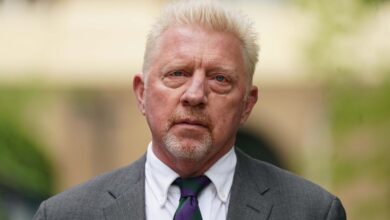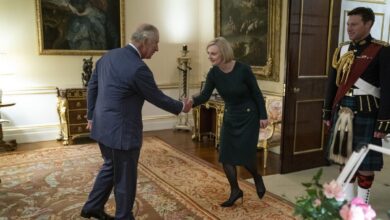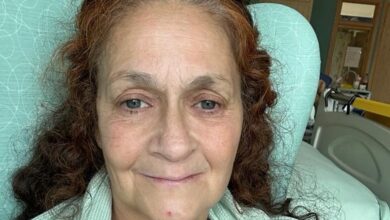Revealed: Exploitation fears as Homes for Ukraine scheme plagued by fake sponsor offers

Councils have been flooded with bogus Ukraine refugee sponsorship offers and basic vetting checks have been missed putting refugees at risk of exploitation, a charity has warned.
Half of all applications received by one London council were false while others were left scrambling to check the details of people who didn’t exist after government officials failed to verify prospective sponsors, a review has found.
In one case, a council’s Homes for Ukraine (HfU) response team was sent to a kebab shop after fake addresses were given on the government’s expression of interest form. Another council had “Mickey Mouse” and “Vladimir Putin” sent as potential sponsors, while some refugees handed over tens of thousands of pounds to scammers.
The report by migrants’ charity Work Rights Centre will be published on Tuesday but an extract shared exclusively with The Independent reveals that the Home Office had in some cases issued visas for Ukrainians before councils had time to conduct proper safety checks.
The data and communication issues made exploitation a very real prospect for Ukrainians who arrived under the scheme, the charity said.
Lisa Nandy MP, shadow levelling up, housing and communities secretary, said that government ministers were warned before its launch that a “DIY” Homes for Ukraine scheme would not be good enough.
“They ignored calls for the government to play a role matching sponsors and refugees and in enforcing safeguards to protect vulnerable people,” she said.
“This report lays bare the shameful consequences of the government’s failure to properly play its part,” Ms Nandy added.
The latest Home Office data on 15 December, showed 253,700 applications have been received, and 206,700 visas were granted under the Ukraine schemes. Of these, 175,000 were made and 145600 were issued under HfU.
The report, titled On the frontline: London councils’ responses to the humanitarian crisis in Ukraine, drew from in-depth interviews with response teams from 12 council areas in London, which between them oversaw 36 per cent of HfU arrivals in the capital.
Local authority officers shared disturbing examples of Ukrainian families who, eager to be matched with a sponsor as soon as possible, had fallen victim to scammers. One interviewee said: “A family paid £55,000 to someone in the UK who promised them a visa and a house.
“The same thing happened to their cousin. Another person paid £2,000 for a visa, and was asked for £1,000 on arrival. We had to step in and stop it.”
Without robust controls, any user with malicious intent could submit a fake expression of interest to the Department for Levelling Up, the report found.
One local government official told researchers: “At some point, there were so many applications, I thought it was Russian bots.
“The so-called sponsor entries were noisy, email addresses were not real and the addresses used were often businesses … It got to a point where we were asked to go out and visit these addresses which included a smoke shop, or a kebab shop.”
They continued: “In the end, over half of the entries turned out to be completely false.”
The percentage of viable hosts was much lower than the initial pool of interest, with one council estimating that “fewer than 10 per cent of sponsors who express interest actually respond”.
There were also cases where real sponsors, who had volunteered to host one family, had their information used on multiple visa applications.
The report also found Home Office had often granted visas before sponsors had been properly checked, causing significant safeguarding concerns.





